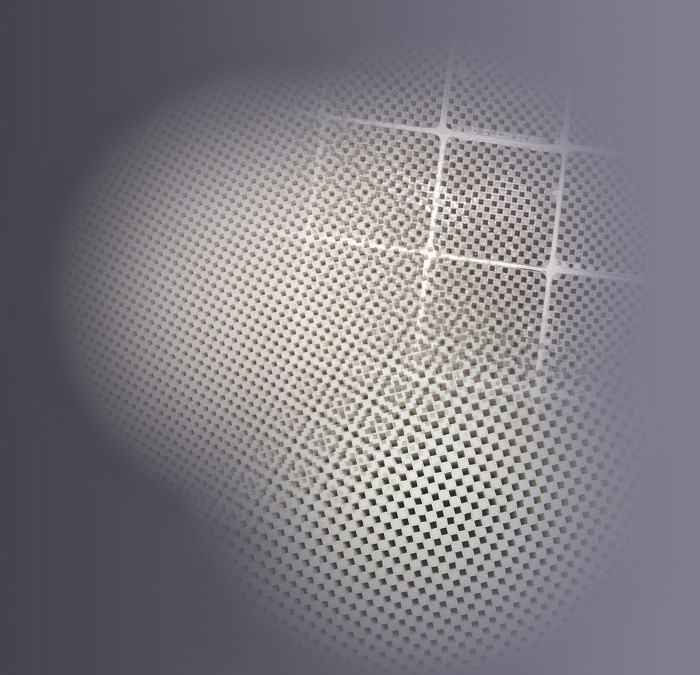A diesel engine generates diesel particulate matter or soot every time the pump releases more fuel than it can be burnt at a given moment (for example during a sudden acceleration).
Following injection, diesel fuel is nebulized into small drops. Some of them won’t burn completely, but only partially, creating fine dusts with a size of the order of microns. The temperature of the exhaust gas is not enough to burn this uncombusted fuel, which eventually flows towards the exhaust pipe to be released.
The soot is therefore mainly formed by carbonious material, which needs to be burnt (oxidized) to be removed. This process is called regeneration.
The two ideal conditions for the oxidation to take place, are the presence of oxygen and a temperature of about 600°C.
However, since the typical diesel car engine operates at about 300-400°C, these two conditions can be recreated in two ways:
- By increasing the temperature of the exhaust gasses.
- By lowering the temperature required for the oxidation with the help of catalytic fluids (Eolys).
However, whenever the process is not completely successful, most of the dusts will remain in the filter, blocking the pores. With a clogged filter, there are two possible solutions: replacement or regeneration.
Under no circumstance is washing the filter recommended, because water or other cleaning liquids will simply flow through the unblocked pores, leaving the clogged ones untouched.
BRAIN produces specific replacement particulate filters for almost any car model. We can also replace the original cartridge with a similar one with the same performance.



